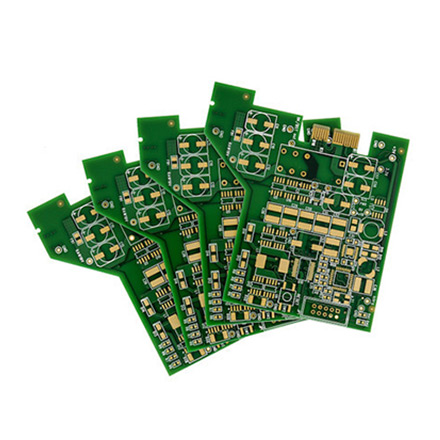

The Elegance and Functionality of Mirror Float Glass
In the realm of architecture and interior design, materials play an integral role in determining the aesthetic and functional qualities of a space. Among these materials, mirror float glass stands out as a versatile option that combines beauty with practicality. Known for its reflective properties and clarity, mirror float glass has numerous applications, ranging from enhancing the visual appeal of living spaces to serving functional roles in commercial environments.
Understanding Mirror Float Glass
Mirror float glass is created through a process known as float glass production, which involves the melting of raw materials such as silica sand, soda ash, and limestone. This mixture is heated to high temperatures until it becomes molten and then poured onto a bed of molten tin. The result is a perfectly flat sheet of glass. In mirror float glass production, a reflective coating is then applied to one side of the glass, typically made from silver or aluminum, to create a mirror-like finish.
The smooth, glossy surface of mirror float glass not only enhances its aesthetic appeal but also ensures optimal reflectivity. This characteristic makes it an ideal choice for various applications, including mirrors, decorative elements, and reflective surfaces in both residential and commercial settings.
Applications in Interior Design
In interior design, mirror float glass has become a staple for creating visually stunning environments. One of its primary uses is in creating mirrors for bathrooms, bedrooms, and living areas. The reflective quality of mirror float glass can make spaces appear larger, brighter, and more open. This illusion of space is particularly valuable in smaller rooms where maximizing light and depth can dramatically alter the perception of the area.
Beyond traditional mirrors, interior designers often use mirror float glass as an artistic element. It can be incorporated into furniture pieces, such as mirrored coffee tables or cabinets, adding a touch of elegance to the overall decor. Wall panels made from mirror float glass can create striking focal points that reflect light and color, enhancing the room's ambiance.

Functional Uses in Commercial Spaces
In commercial settings, mirror float glass serves practical purposes while still contributing to the overall design aesthetic. Retail environments frequently utilize mirror float glass to create visually appealing displays and fitting rooms. The mirrors not only allow customers to check their appearance but also reflect light and create an inviting atmosphere that encourages exploration and engagement.
Additionally, mirror float glass is increasingly used in office spaces. Companies recognize the benefits of natural light and open layouts, and strategically placing mirrors can enhance these elements. By reflecting light, mirror float glass can reduce the need for artificial lighting, leading to energy savings and a more eco-friendly workspace.
The Role of Mirror Float Glass in Sustainable Design
Sustainable architecture is on the rise, and mirror float glass can play a crucial role in this movement. The ability to enhance natural light can contribute to a building's energy efficiency, reducing reliance on electricity for lighting. Furthermore, the reflective properties of mirror float glass can help control heat gain, making spaces more comfortable and reducing the demand for air conditioning.
When used thoughtfully, mirror float glass can contribute to a sustainable design strategy, proving that aesthetics and function can coexist harmoniously.
Conclusion
Mirror float glass is more than just a surface for reflection; it is a sophisticated material that enhances the beauty and functionality of any space. Its versatility, from decorative mirrors to practical applications in commercial environments, makes it an invaluable choice for architects and designers alike. As the demand for both stylish and functional design continues to grow, mirror float glass will undoubtedly remain a popular and important material in shaping our environments. With its ability to transform spaces and create an atmosphere of grandeur, it embodies the perfect balance between elegance and practicality.